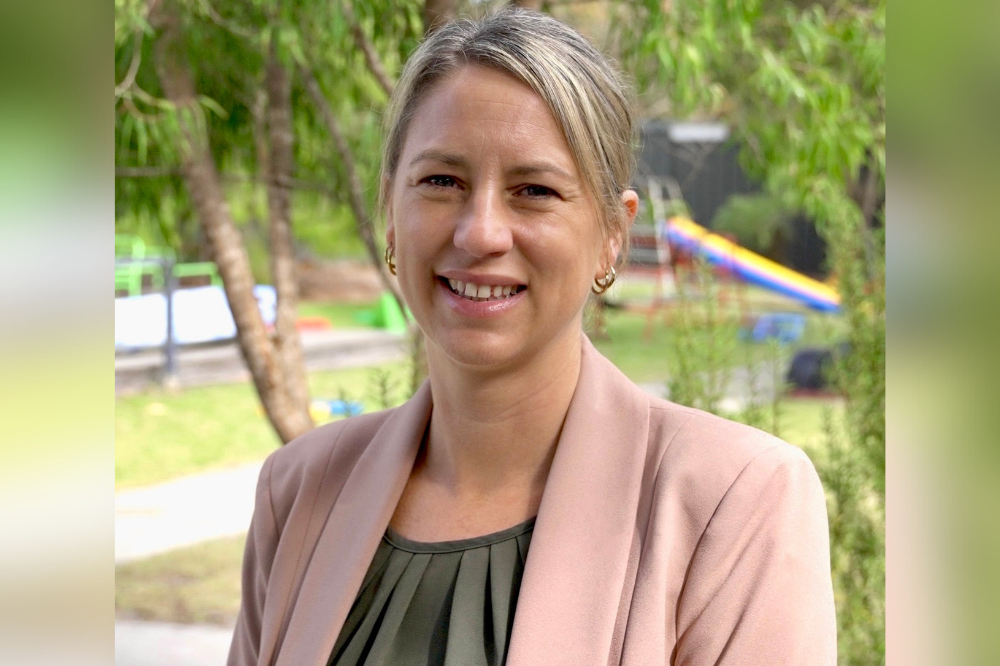
In Australia’s schools, more than 70% of principals work with teachers on classroom discipline problems at least once a week, reporting more frequently spending time on discipline problems than other leadership issues.
At one Western Australian school, staff have made a conscious shift to rewarding positive behaviour, and it’s seeing some marked improvements in both student behaviour and teachers’ classroom engagement.
Since implementing its ‘Positive Behaviour Learning program’, Australian Christian College Darling Downs’ staff have reported that students are more motivated, respectful and eager to participate in their lessons.
“At Australian Christian College Darling Downs, we are part of a national network of schools, and this gives us so many advantages that wouldn’t necessarily be available to smaller independent schools,” Deputy Principal, Jade Baker, told The Educator.
“One of our Victorian schools actually pioneered the program, and experienced great success, so we have worked closely with them in this early stage of implementation.”
Baker said there are three key ideas that can be taken from the research.
“Firstly, we know from the research that rewarding positive behaviours is a powerful motivator for all people, not just our young people. I know that I really feel encouraged when I am given praise or acknowledgement - and our children similarly thrive on this affirmation,” she said.
“We also know that it is important to explicitly teach the behaviours that we expect to see in our students.”
Baker said the school explicitly teaches the knowledge and skills that it expects students to learn in their academic subjects.
“So, it follows that we should explicitly teach the behaviour that we want to see in the classroom, or in the playground, or even when interacting with the online space,” she said.
“We cannot assume that students will come into our school and understand the values that inform culture of our school community, and how to demonstrate the behaviours that are associated with these values, so it is our responsibility to teach the behaviours that will be beneficial, not only here at school, but also throughout our students’ lives.”
Finally, says Baker, the research highlights the importance of a school wide approach to behaviour.
“Having everyone in the school community owning the program, from the principal through to the support staff, means that we are all speaking the same language, we have the same expectations and students feel that security and belonging from having consistency within the school.”
Baker said the program has been very well received by staff and students at the school.
“Staff have been involved in all stages of implementation, from unpacking the behavioural expectations, to displaying these expectations, to monitoring and rewarding students,” she said.
“They have loved seeing how the students are excited to behave well and to be rewarded for their behaviours.”
Baker said it has also been heartening to see students encourage one another.
“They want to see their friends do well and be rewarded for this,” she said. “The best part of the program is that it forces us to be consistently focused on rewarding and celebrating the positive behaviours in our school - this is highly encouraging and motivating for staff, students and parents.”
Baker said the school will be building on this success in 2025 to ensure these positive outcomes are sustained.
“We will have the advantage of starting the year with the program, and refining it so that it can be even better. Next year, we will be adding Year Ten to our high school, and we are keen for our first Year Tens to have more input into the program,” she said.
“We believe that the senior years of a school can greatly impact the culture of the whole school, and it is important for our senior students to see themselves as the gatekeepers of the culture we want to see developing within our school. Our senior students are fantastic role models, and we are very excited for the journey that they have ahead of them.”


